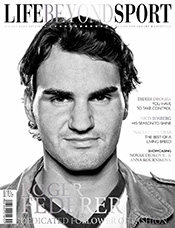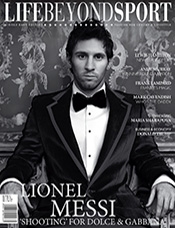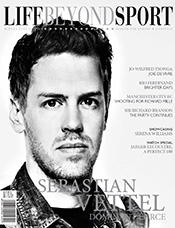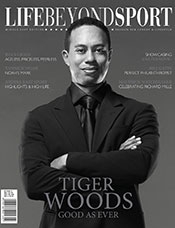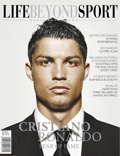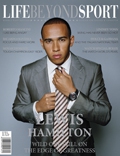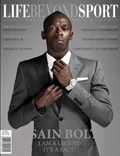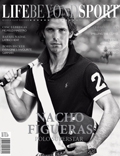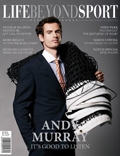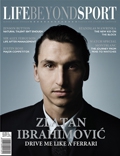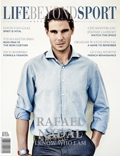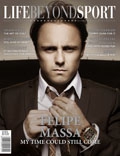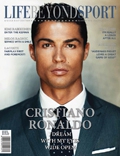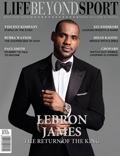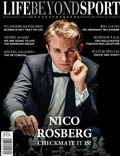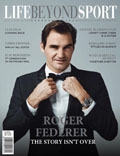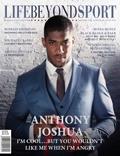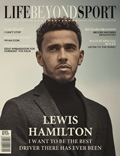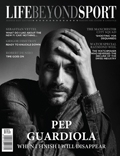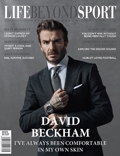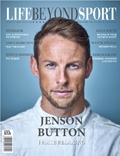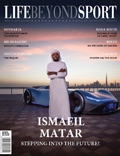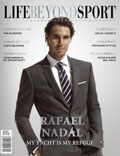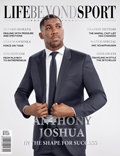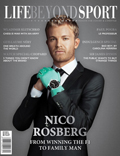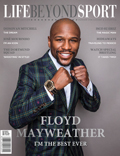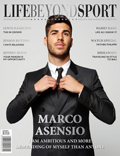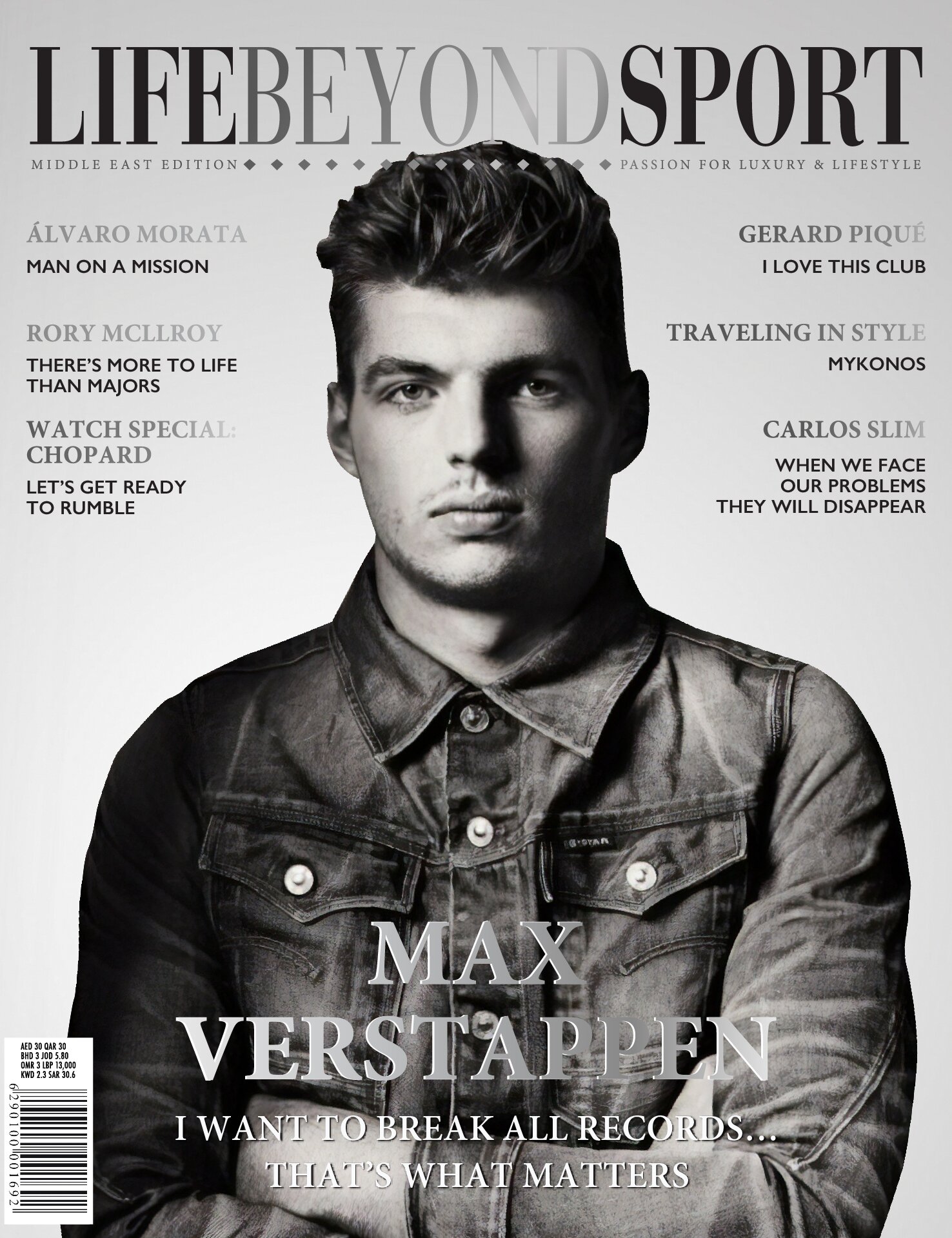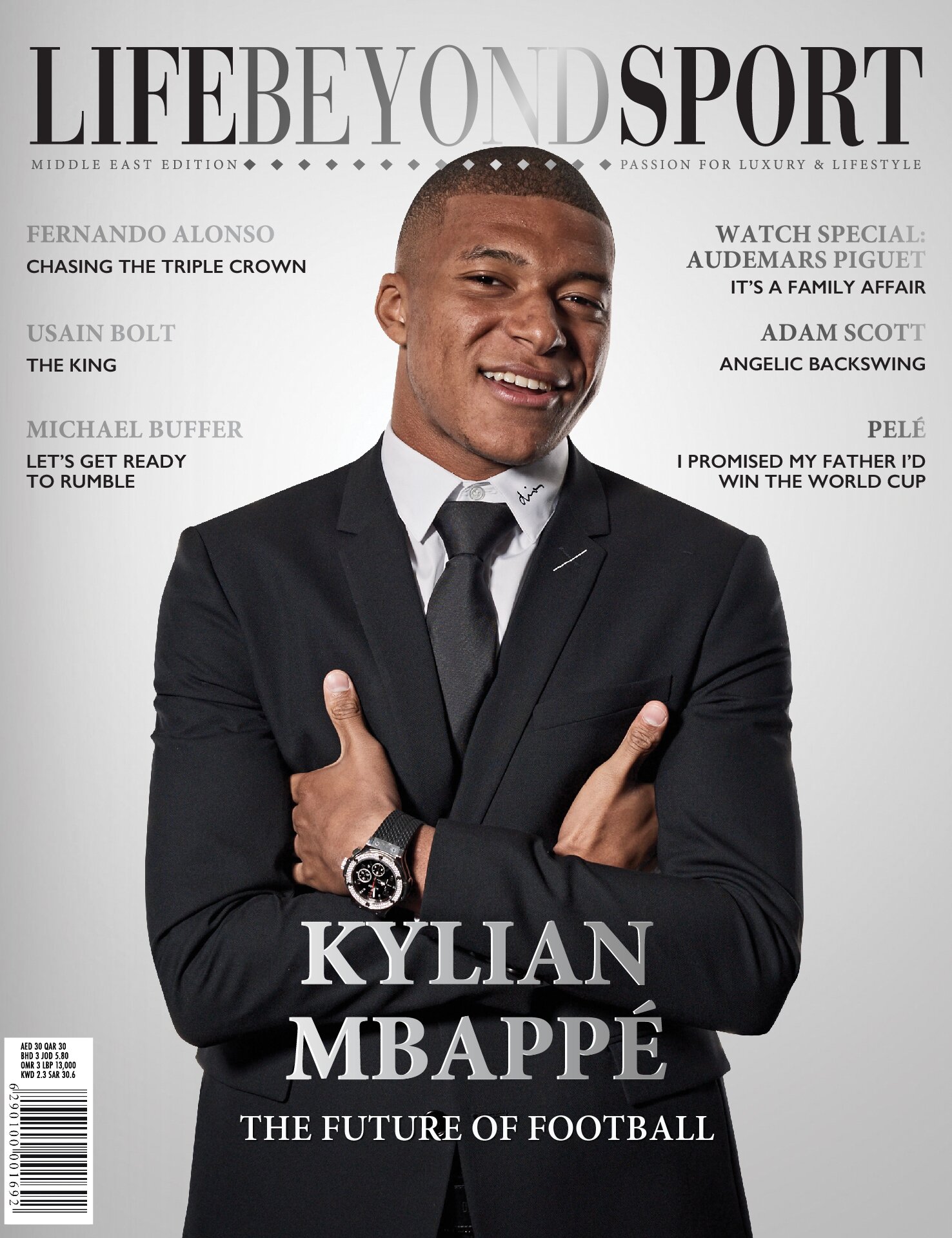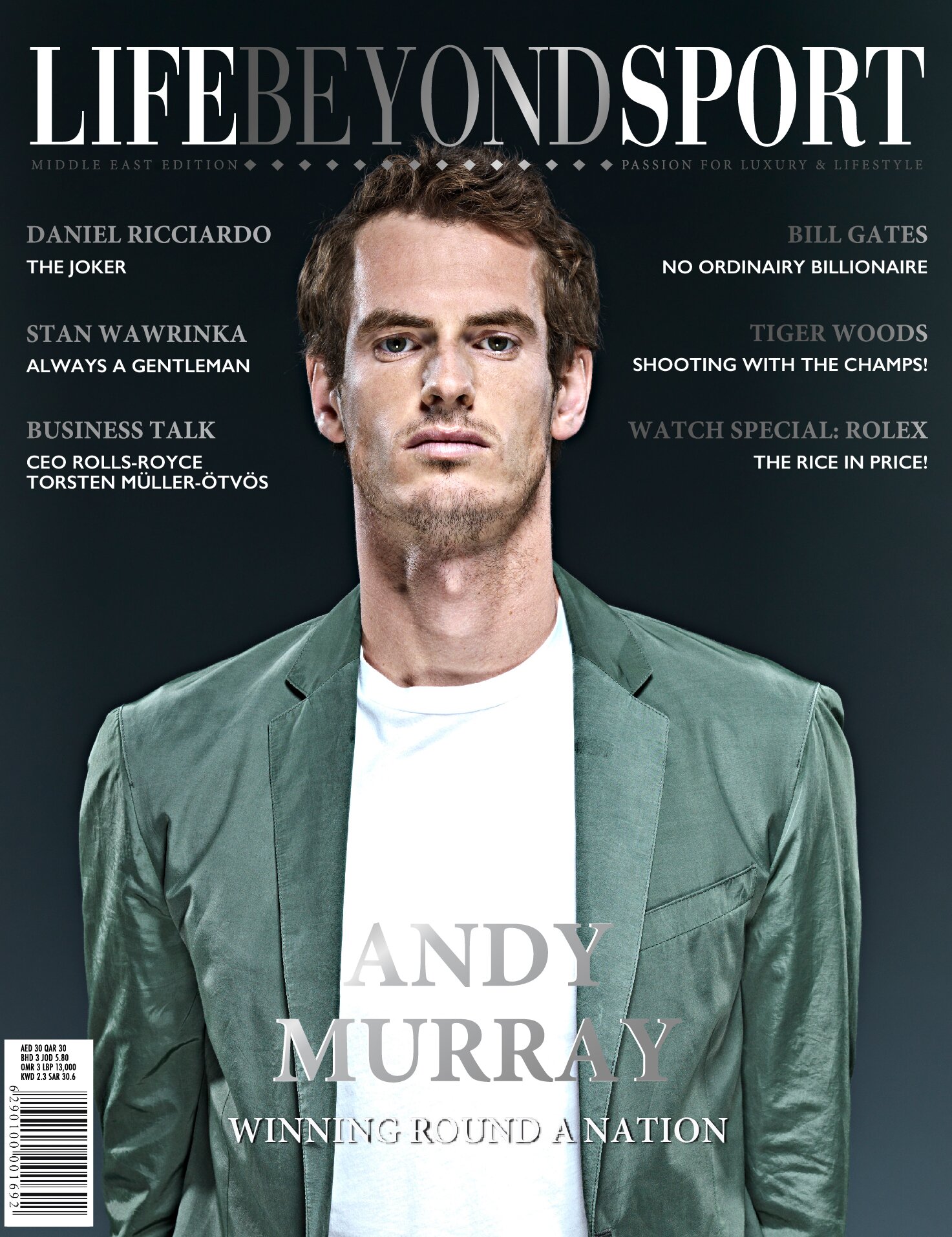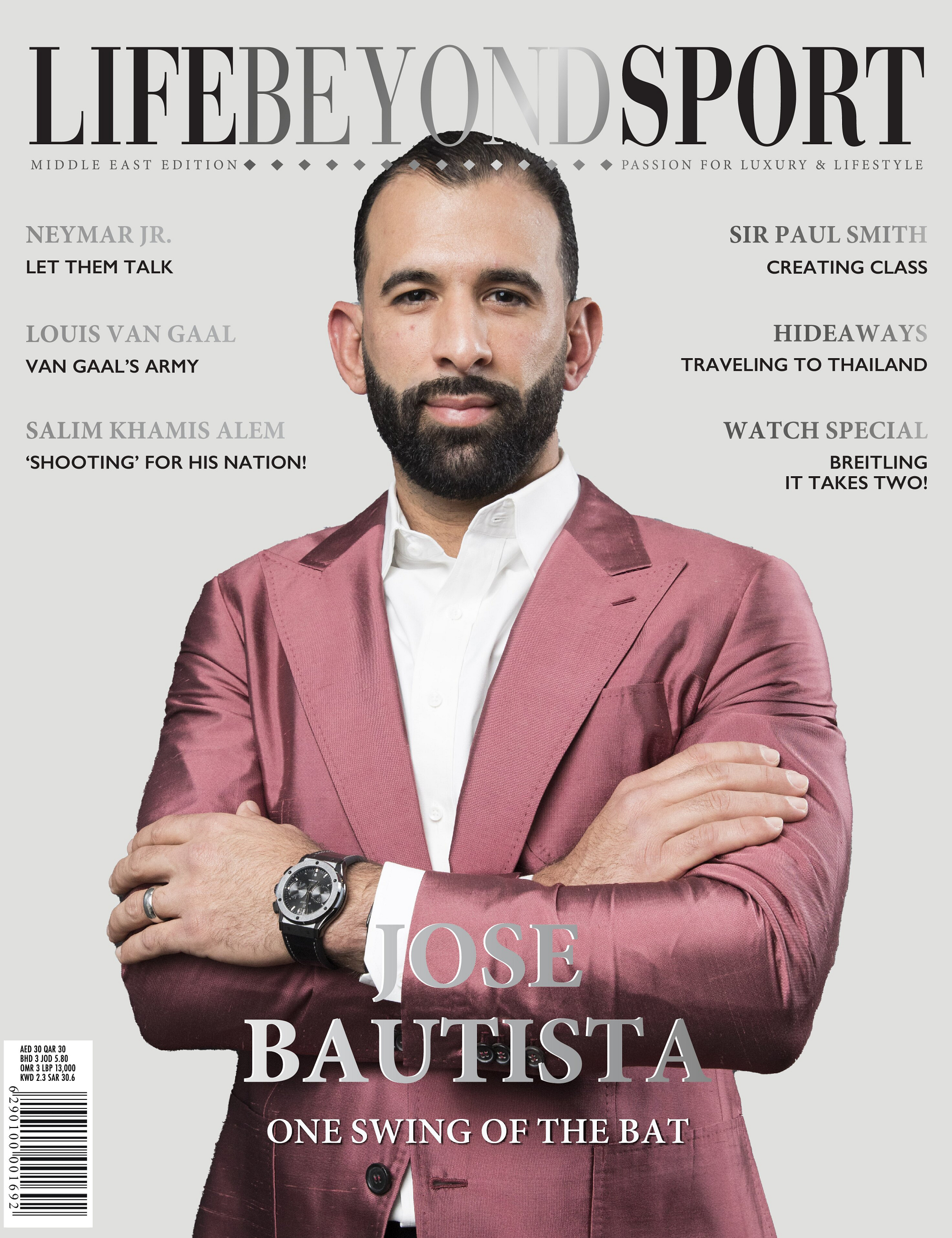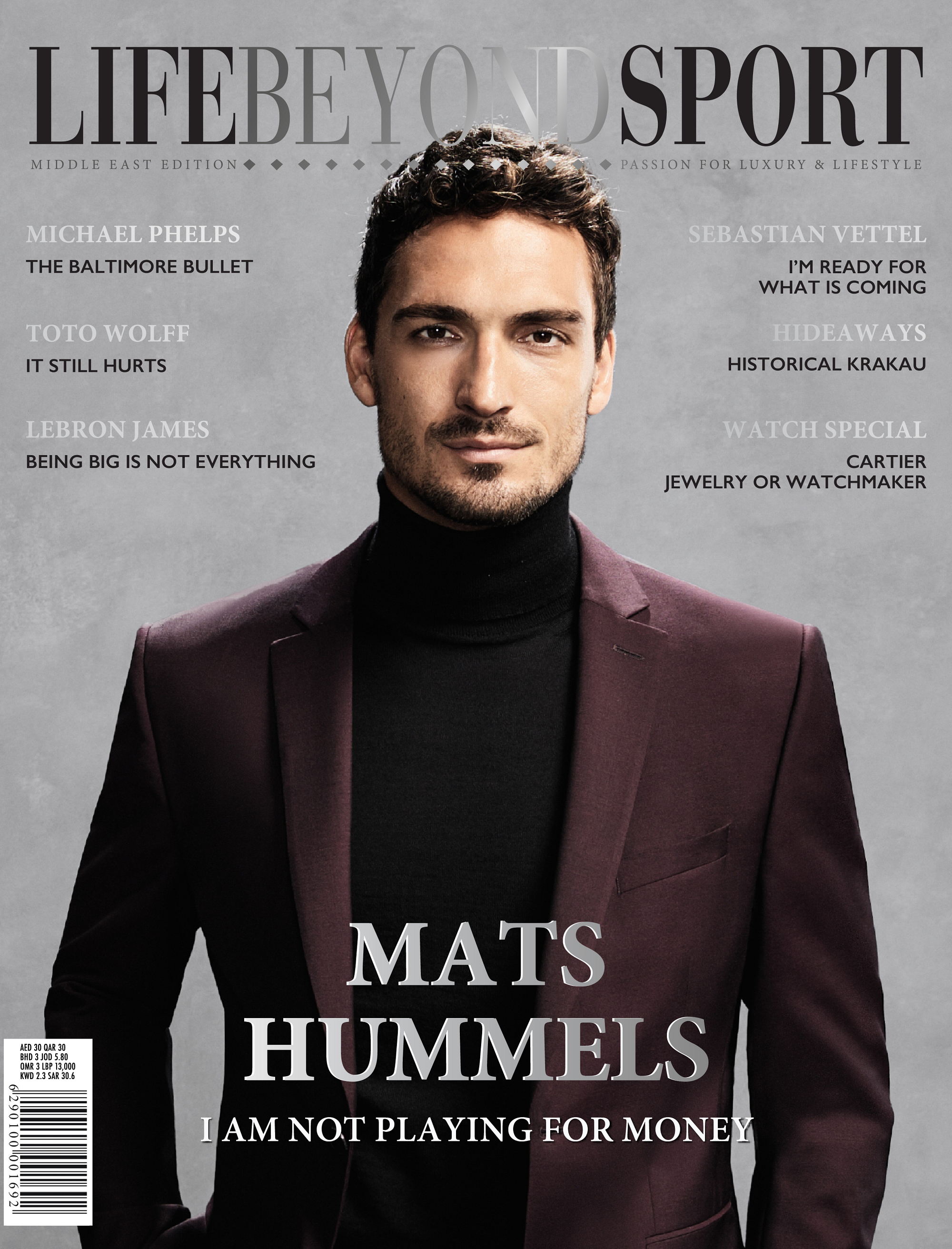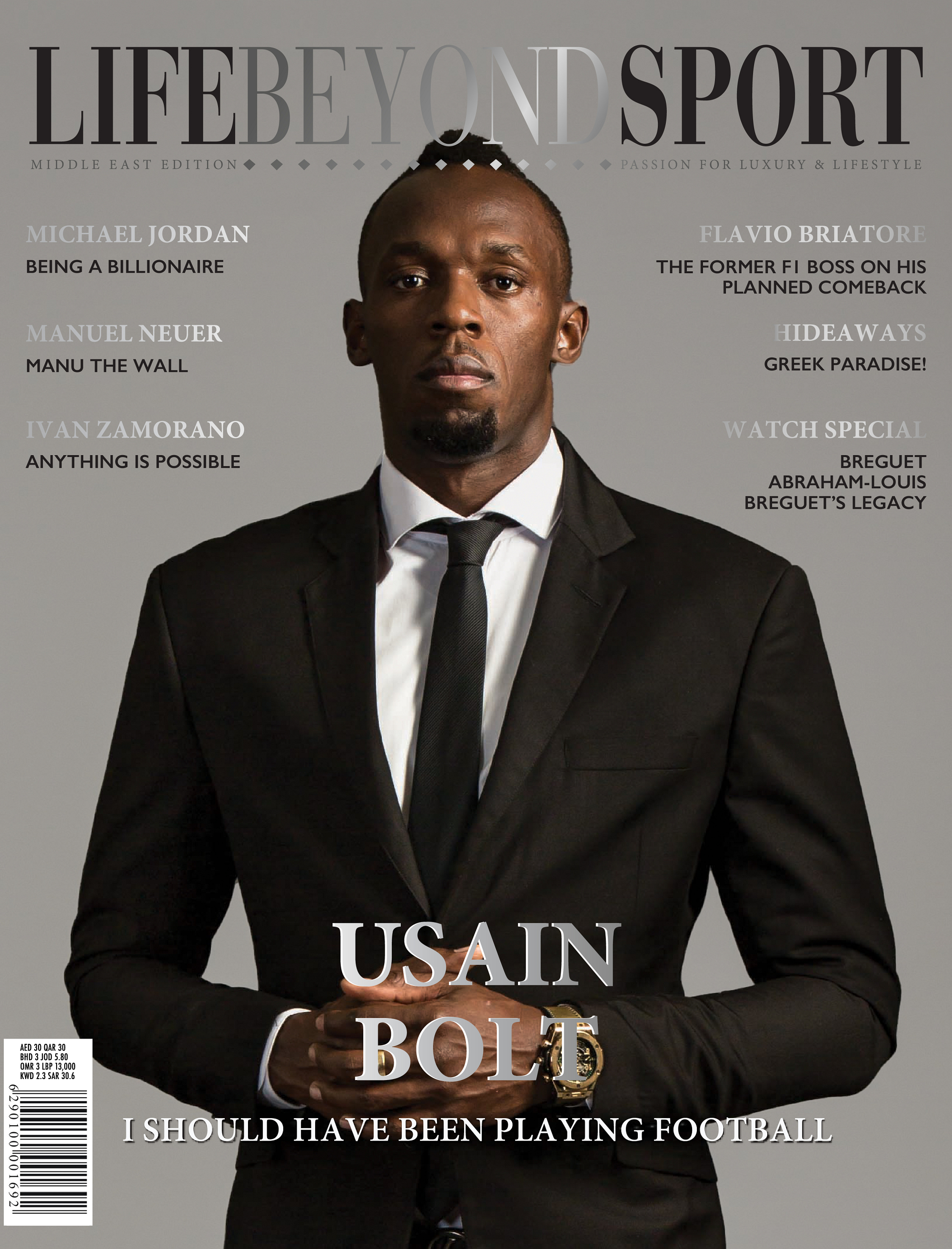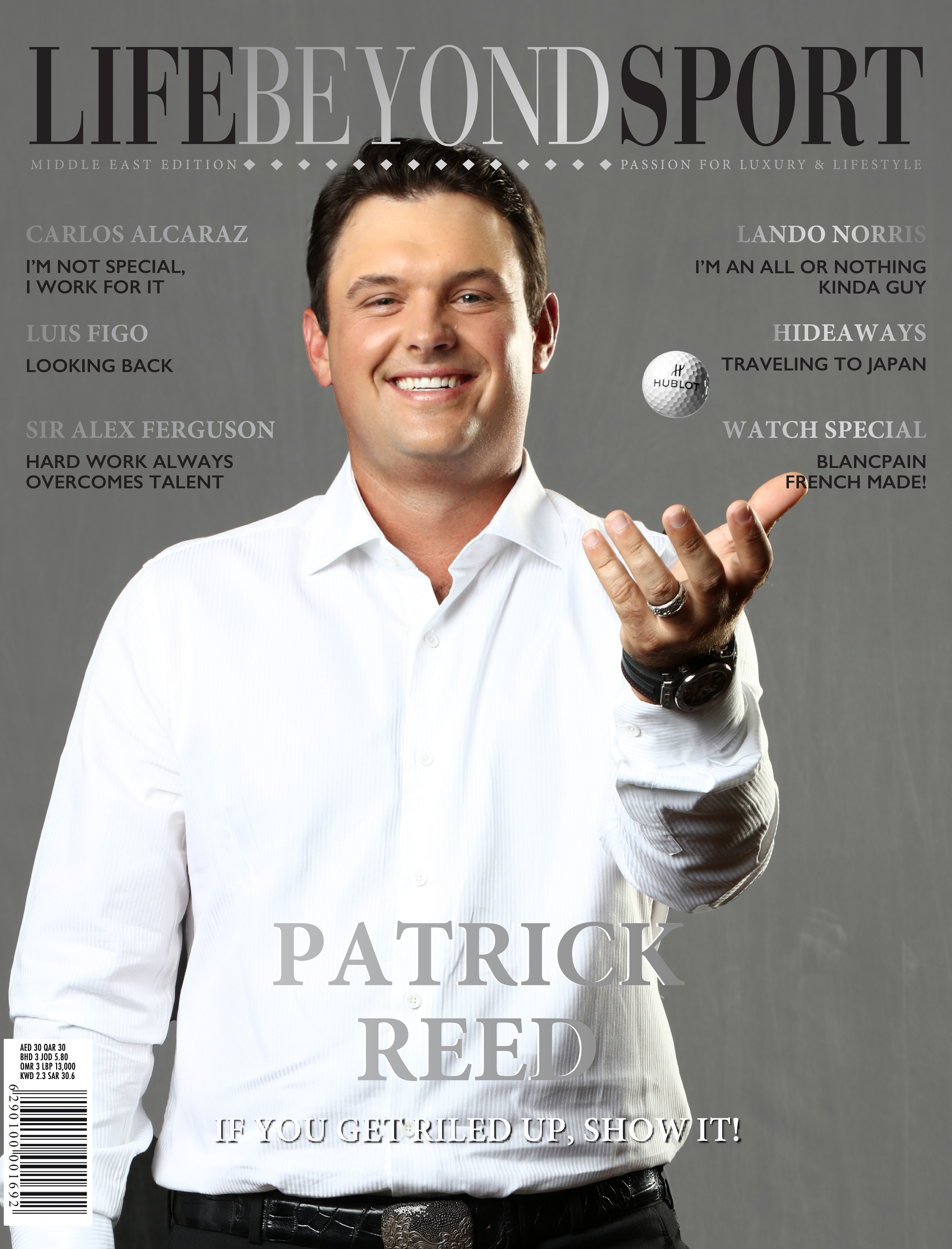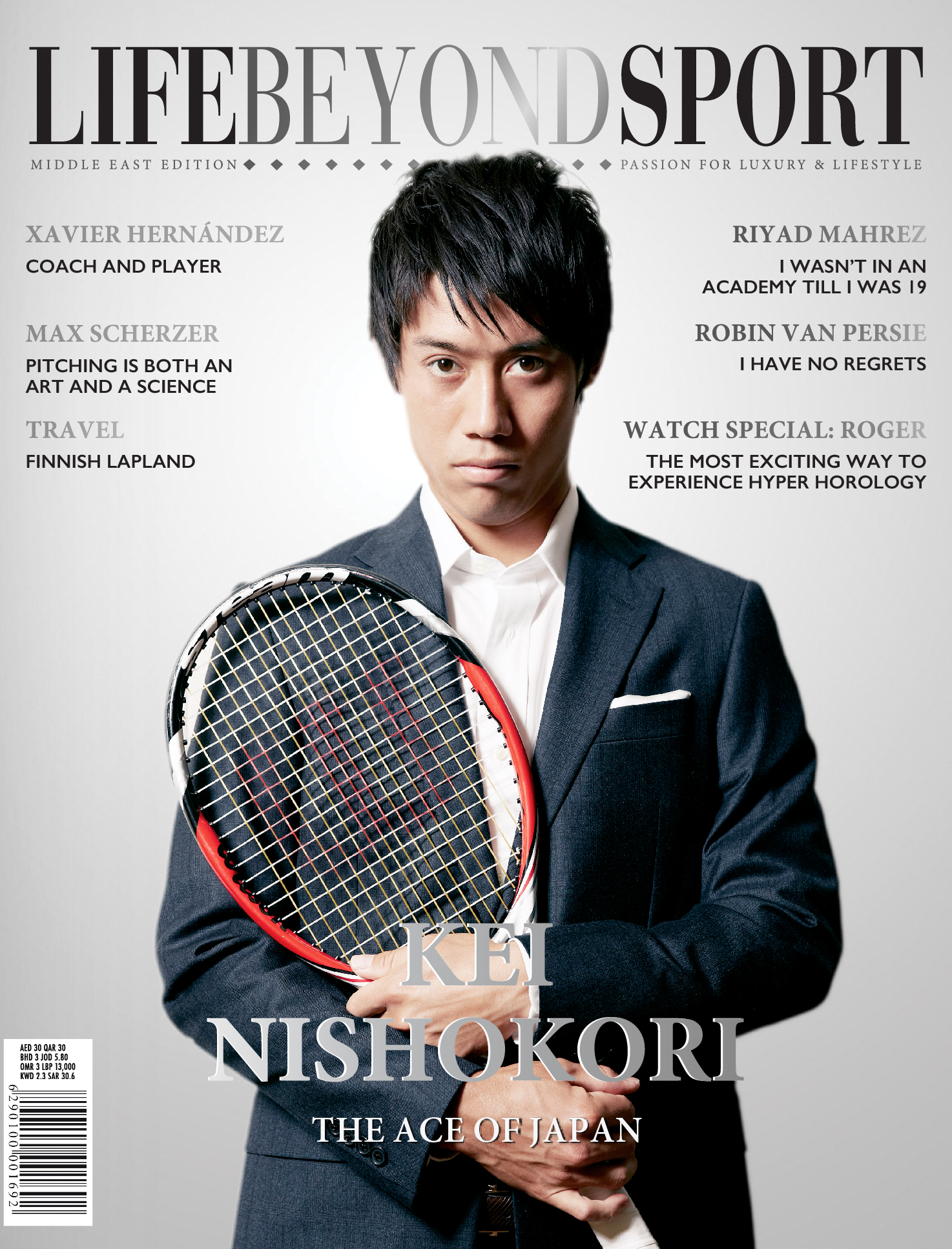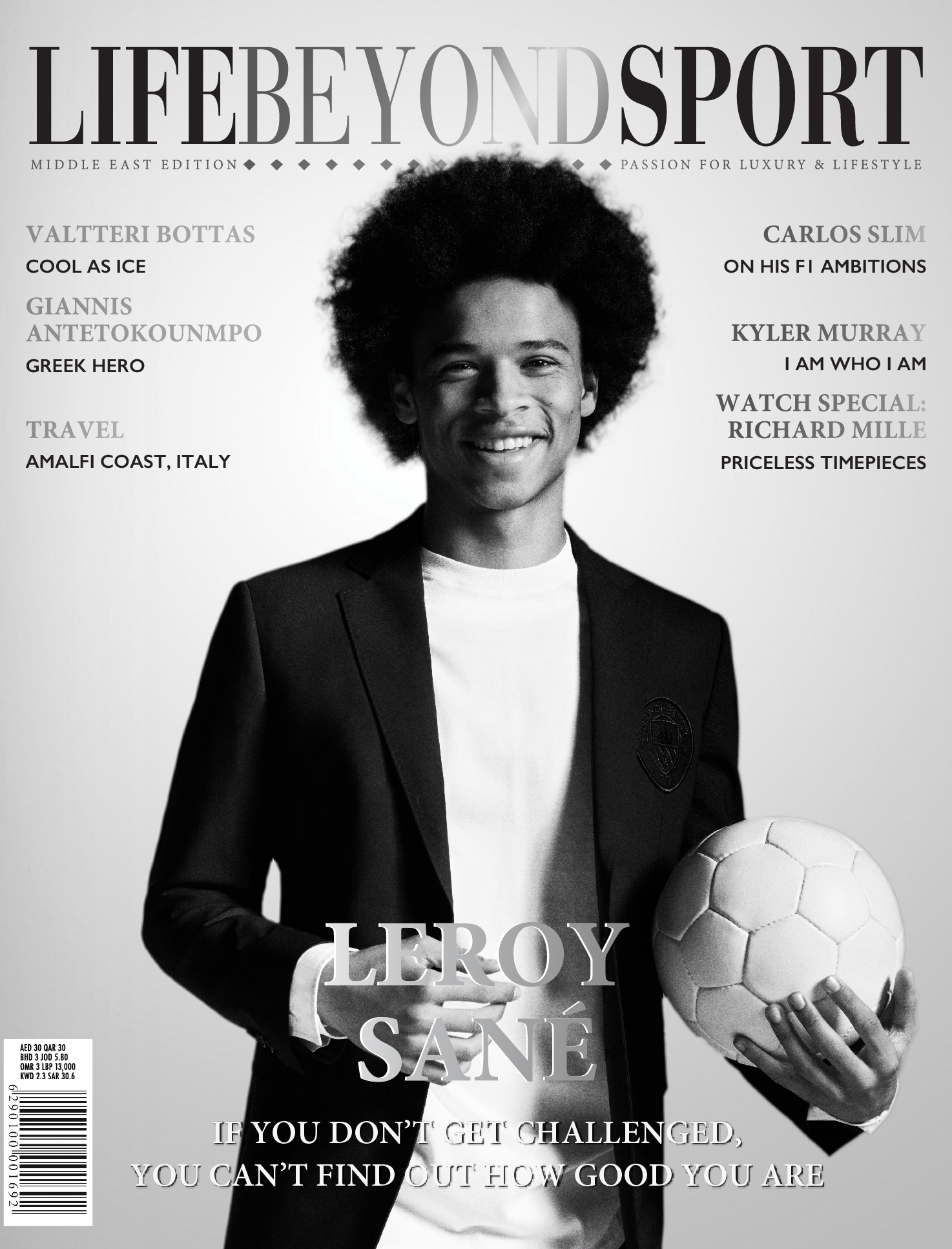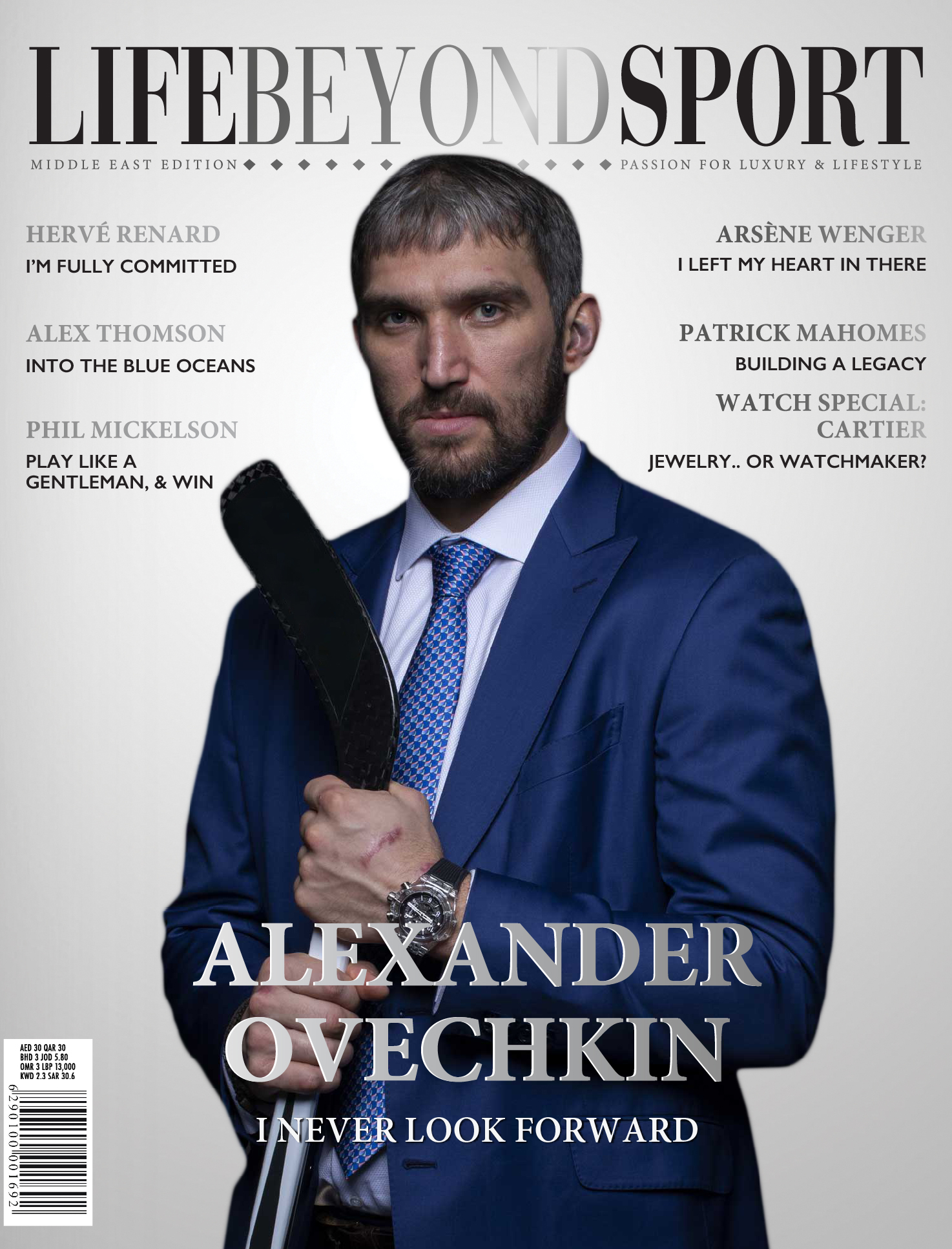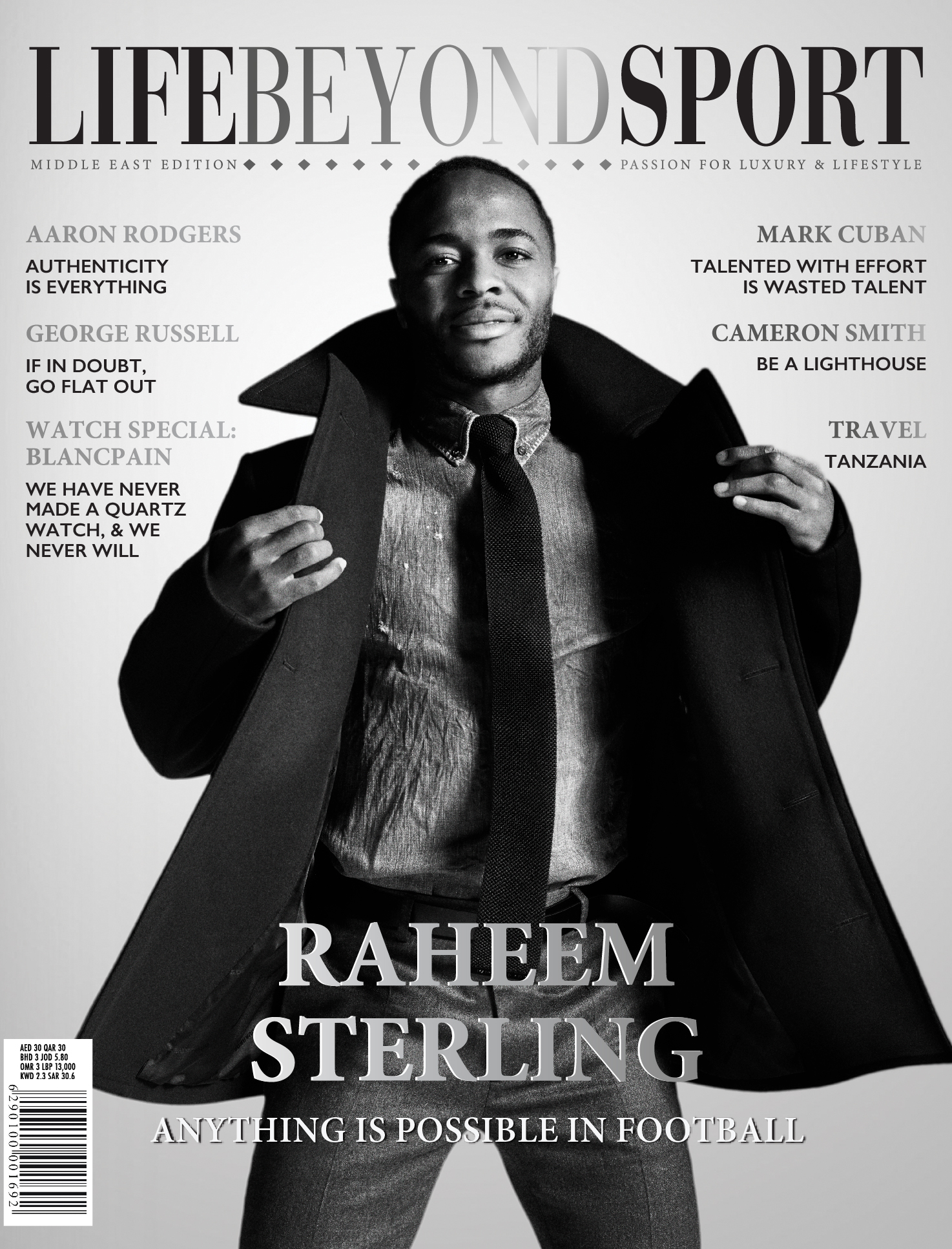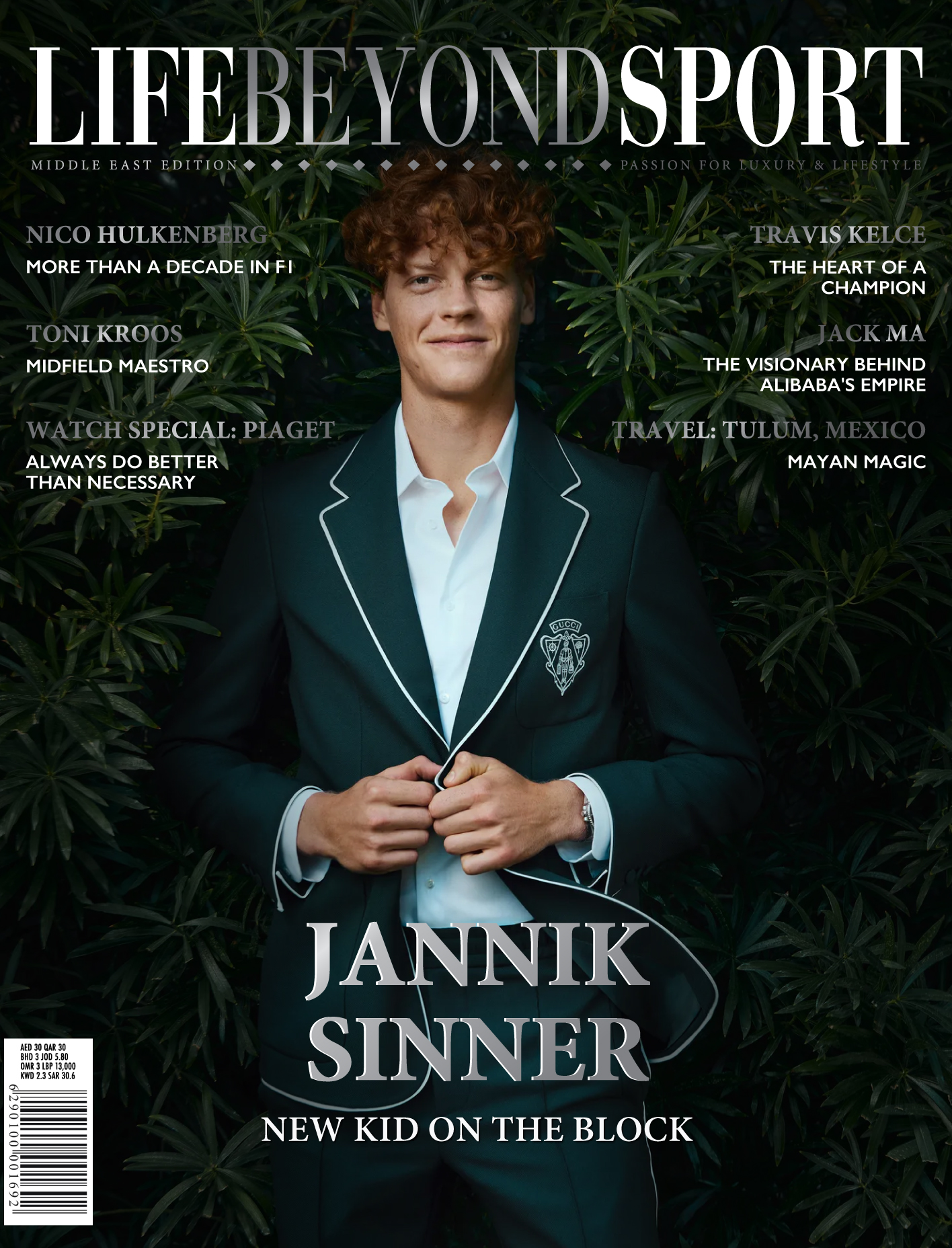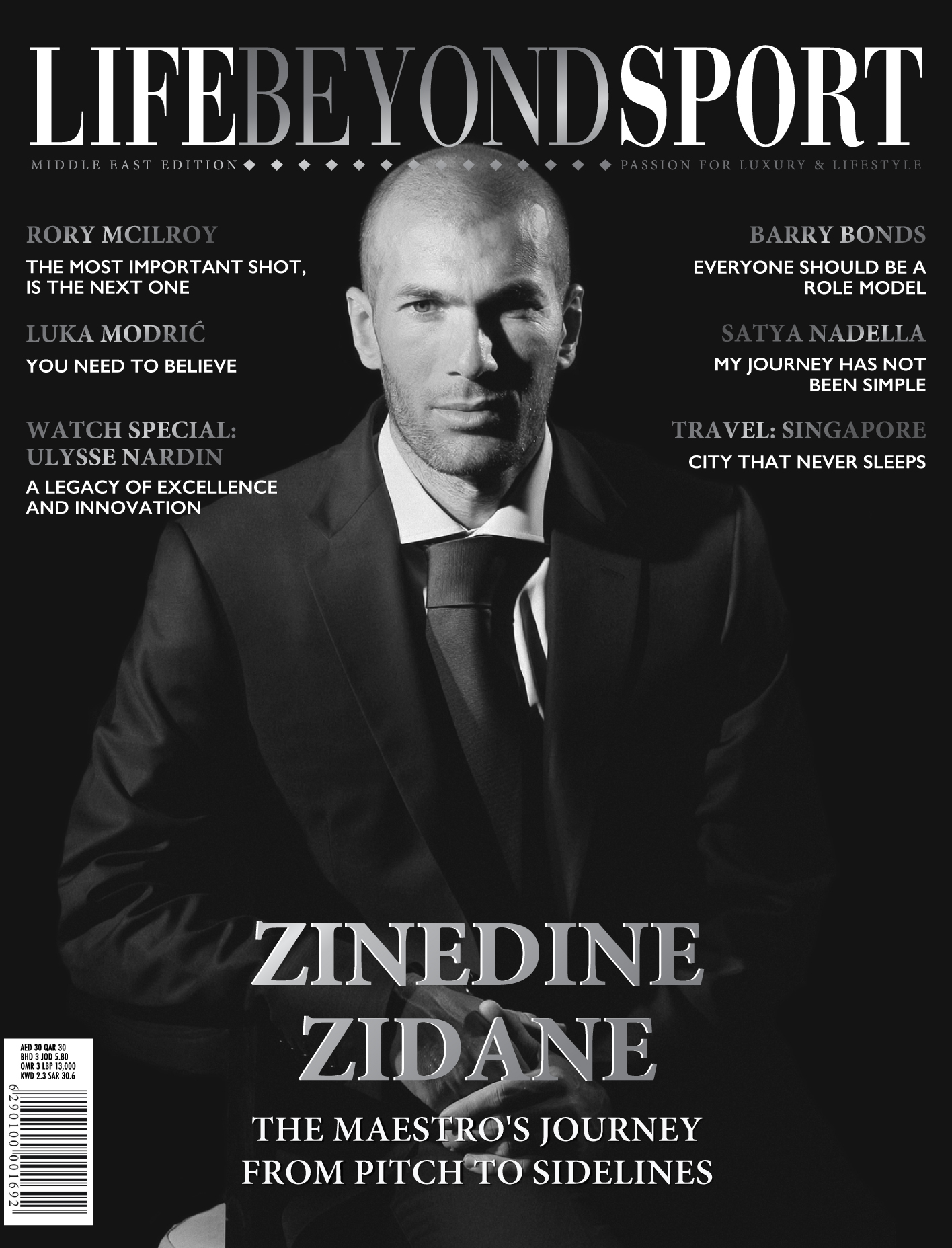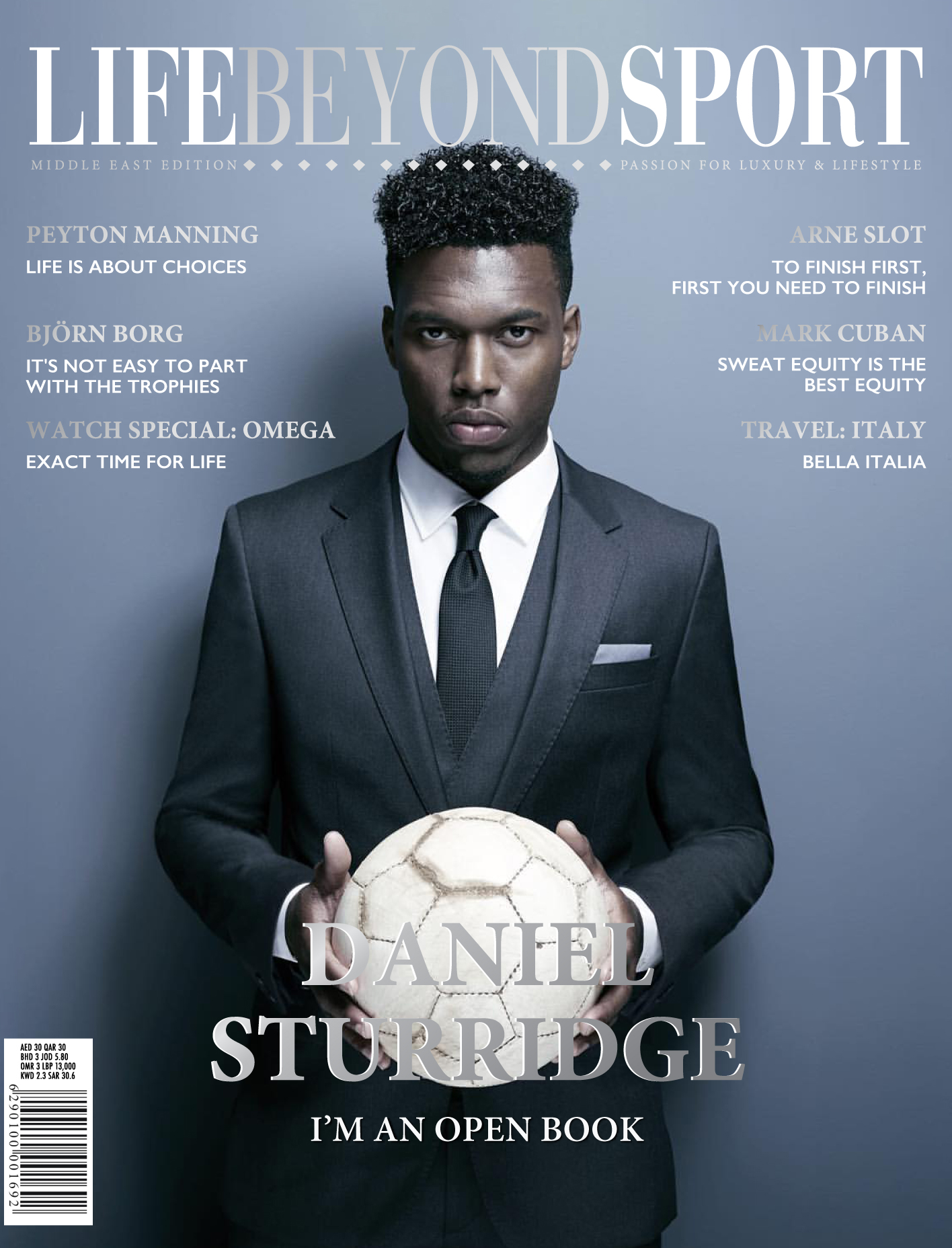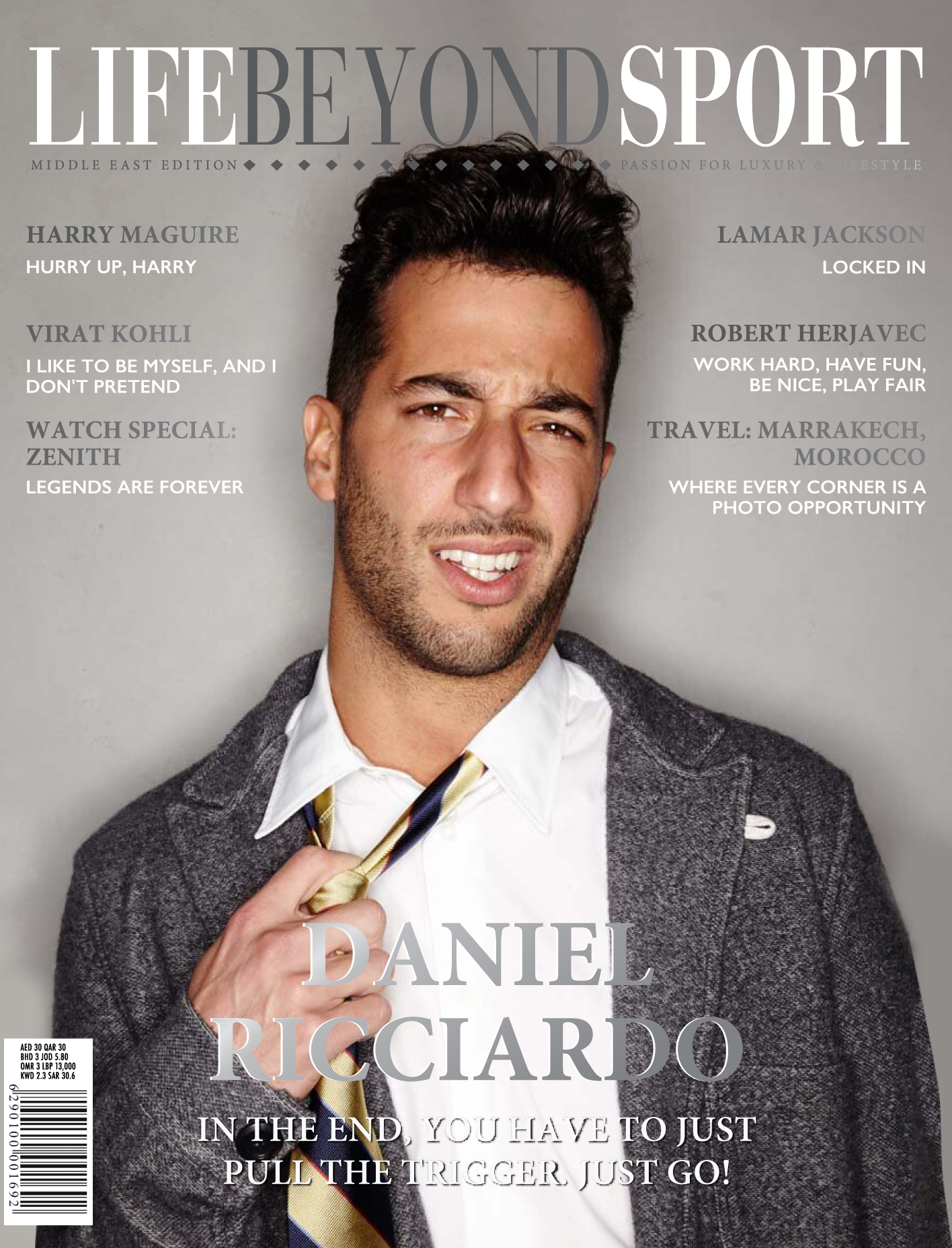The designers met at the Arnhem School of the Arts in Arnhem, where the foundations for a long friendship and collaboration were laid. After graduating in 1992, they moved to Paris together to learn the tricks of the trade from Arnold van Geuns and Clemens Rameckers, among others. There, Viktor and Rolf realized their first collection based on the frustration they experienced as two starting designers and won the three first prizes of the most important fashion competition in the world: the Salon Européen des Jeunes Stylistes in Hyères in France. The brand stands for a mix of art and fashion, classic and avant-garde.
Viktor & Rolf, what kind of role does art play in your life?
Viktor: Art is very important. We have always treated our shows and our collections as a means of self-expression. That's what makes us different from other designers, other brands, that there is another purpose than creating the look of the season.
You even started out in the art world, right?
Viktor: It's true that for the first five years we were more presenting ourselves in an art-related context than in a fashion context. Fashion is a very strictly regulated environment and we had no clue how to function in the fashion world, so it took some time before we were prepared to work in fashion.
Now you are fine with it?
Rolf: Yes and although now we have a very commercial part to the company it is still a nice counterpart for us to participate in exhibitions.
Viktor: For us it has never been an either/or situation. Very often people don't seem to understand that you can be artistic and commercial or conceptual and commercial at the same time. For us it has always been something that we both wanted. We want to do it all, we want to have it all. Why not?
So art and commerce is not a contradiction to you?
Rolf: No, but it's a challenge. It's a challenge to do something that works in both worlds.
Your fashion shows always have big themes. Would you describe them as performances?
Rolf: I think people sometimes see it as more of a performance because it's going beyond just a trend. For us a show is somehow a way of telling a story. Of course, clothes are very important in it, but the show itself should be its own entity.
For a fashion show, you come up with a concept, you design the clothes, you find a great location, you invite people and then you present them in a ten minute spectacle. But when you do a museum show, it's a whole different approach. What appeals to you about that?
Rolf: I think we like that it's so democratic in a museum. Everybody can go and enjoy what you've made, and a fashion show is for three hundred people, you know. It's for a lucky few. A museum is a chance to bring your work to a bigger audience.
The pace is a different one as well. As an artist you can finish your artworks and figure out the right time to present them, but as a fashion designer you have to come out with new things at least twice, if not four times a year.
Viktor: I think we have an ambivalent relationship with this element in fashion. On the one hand, there's something really horrible about this tension of having to do something, but on the other hand there's something very stimulating about it, knowing that you have to go on, you have to create. We're constantly between these two poles so there's not one straight answer to give. One season it feels a bit more difficult and more horrible and another season it's very easy.
When you started out as young designers, did you ever think you would achieve the amount of success that you have?
Viktor: Of course it's pretty great to be successful. But when we started out we didn't have a blueprint of how we imagined our career going. On the one hand there was this ambition and conviction that we wanted to work at the highest level possible and then on the other hand a very pragmatic approach, being very aware of what we could and could not do. You immediately assess the risks you can and cannot take. That doesn't sound like a business plan, but that was, and still is, the approach we have to our work. We control everything.
Everything?
Viktor: Everything. Not just exhibitions, also collections, perfumes, everything. Of course we work with a team, but we're very involved in everything we do.
I read that the initial thing that attracted you about fashion was glamour, because it was seductive. Now that you've been in the business for so long, is glamour not so appealing and seductive anymore?
Rolf: It's definitely not what we had imagined, but we try to force ourselves to stay in this mindset of how we started out.
Viktor: Yeah, looking for it, believing in it. But also knowing that it's very rare, real glamour. There's a lot of supposed glamour – everybody's glamorous – but there's very little real glamour.
You live and work in Amsterdam where fashion and glamour only plays a small role. Do you need this sort of distance from the fashion world in order to remain true to yourselves?
Rolf: It's true that we work best in a more isolated atmosphere, where we are removed from the fashion world and we can choose to enter when we want to. We don't need the fashion world to create. It distracts us.
Is that why you moved back from Paris to Amsterdam a few years ago?
Rolf: Yes. We started thinking, “Why are we living in Paris?” We were working all day long on the collections and we were presenting in Paris, but we realized that if we kept on presenting in Paris, Paris could remain our fashion home, but we didn't have to live there.
.jpg) Life Beyond Sport magazine is a pioneering publication that breaks through the traditional barriers of men’s lifestyle magazines by smoothly combining a man’s love of sport with his passion for the finer things in life. The magazine contains a range of features, interviews and photo-shoots that provide an exclusive insight into the sportsman’s lifestyle. Only in Life Beyond Sport will you find the biggest names from the worlds of Football, Tennis, Formula 1, Golf, Polo and more.
Life Beyond Sport magazine is a pioneering publication that breaks through the traditional barriers of men’s lifestyle magazines by smoothly combining a man’s love of sport with his passion for the finer things in life. The magazine contains a range of features, interviews and photo-shoots that provide an exclusive insight into the sportsman’s lifestyle. Only in Life Beyond Sport will you find the biggest names from the worlds of Football, Tennis, Formula 1, Golf, Polo and more.